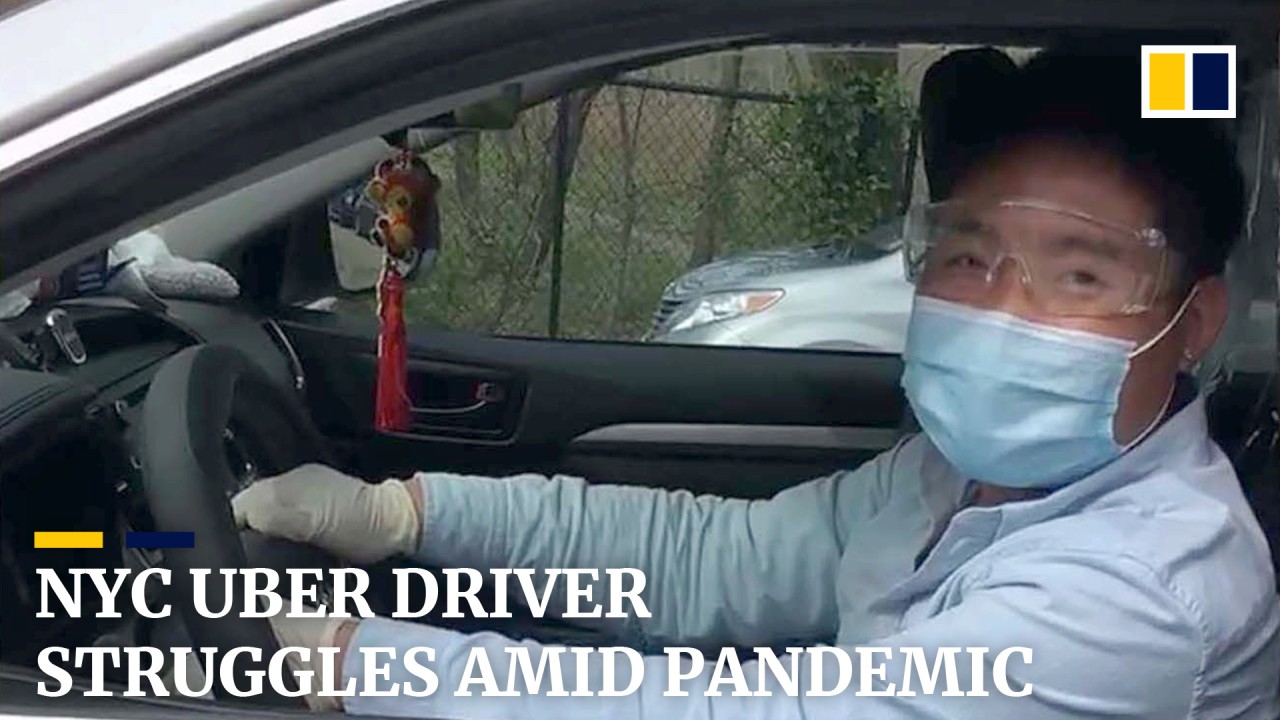Didi boss Jean Liu says core business profitable, as China’s ride-hailing market recovers from Covid-19
- Didi’s ride volume in China has reached 60 to 70 per cent of pre-coronavirus levels and is five times its February low, president Jean Liu Qing says
- The global ride-hailing industry has been hit by lockdowns and travel restrictions since the start of the pandemic, but China’s market may be recovering

In a rare interview, Liu told the CNBC that Didi’s core business has been profitable, without providing specific figures or explaining how or when the company had measured its profitability. The company has no plans for job cuts or raising capital, Liu said in the interview that aired on Thursday, details of which the Post has verified with Didi.
The company’s ride volume in China has reached 60 to 70 per cent of pre-coronavirus levels and is five times its February low, she added.

03:49
As the public health crisis eases in China and travel restrictions start to lift, the number of monthly active users on ride-hailing platforms in the country picked up by 17 per cent month-over-month in March, according to data from research firm Analysys. Top-tier Chinese cities such as Shanghai and Beijing showed faster signs of recovery compared with lower-tier cities, with more users opting for private cars instead of public transport, the data also showed.
